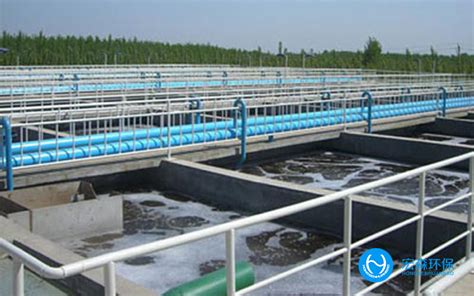In managing waste water in fishing parks, there are several key considerations such as environmental impact, costeffectiveness, and regulatory compliance. Here's a comprehensive plan that addresses these concerns:
Fishing parks generate various types of wastewater, including organic matter from fish waste, leftover bait, and cleaning processes.
Without proper treatment, this wastewater can lead to environmental degradation, harming aquatic life and ecosystems.
Regulatory bodies often impose strict guidelines on wastewater discharge to protect water quality.
Implementing constructed wetlands or biofiltration systems can effectively treat organic waste.
These systems use natural processes, such as microbial action and plant uptake, to break down pollutants.
They are costeffective and environmentally sustainable, providing habitat for wildlife while treating wastewater.
Installing mechanical filters like sedimentation tanks and settling basins can remove suspended solids and larger particles.
This pretreatment step reduces the load on biological treatment systems and improves overall efficiency.
AOPs, such as ultraviolet (UV) irradiation and ozone treatment, are effective for disinfection and removal of organic contaminants.
They can be integrated into the treatment train to ensure microbial safety and enhance water quality.

Implementing nutrient recovery systems can extract valuable resources like nitrogen and phosphorus from wastewater.
These nutrients can be reused as fertilizers or sold, providing economic benefits and reducing environmental impact.
Implementing realtime monitoring systems allows for continuous assessment of water quality parameters.
Automated controls can adjust treatment processes based on fluctuating wastewater characteristics, optimizing performance.
Conduct a thorough assessment of the fishing park site to determine specific wastewater characteristics and treatment needs.
Consider factors such as water flow rates, pollutant concentrations, and space availability for treatment infrastructure.
Develop a customized treatment system based on the site assessment, incorporating a combination of biological, mechanical, and advanced treatment technologies.
Ensure compliance with relevant regulations and standards during the design phase.
Hire experienced contractors to construct and install the treatment infrastructure according to the design specifications.
Conduct rigorous quality control checks to ensure proper installation and functionality.
Develop an operation and maintenance plan outlining regular inspection, cleaning, and servicing of treatment components.
Train staff on proper operation procedures and safety protocols to ensure optimal performance and longevity of the system.
By effectively treating wastewater, the fishing park can minimize its environmental footprint and protect surrounding ecosystems.
Improved water quality enhances habitat for aquatic life and promotes biodiversity.
Implementing sustainable wastewater treatment solutions can lead to longterm cost savings through reduced water usage and lower operational expenses.
Nutrient recovery systems can generate additional revenue streams through the sale of recovered nutrients.
Implementing a comprehensive wastewater treatment plan for fishing parks is essential for environmental stewardship and regulatory compliance. By integrating biological, mechanical, and advanced treatment technologies, along with effective monitoring and control measures, fishing parks can minimize their environmental impact while maximizing operational efficiency and sustainability.
版权声明:本文为 “四季百科网” 原创文章,转载请附上原文出处链接及本声明;

